Teaching and Learning

We use the Statutory Framework for the Early Years Foundation Stage (EYFS) and the Birth to 5 Matters Non-statutory guidance for the EYFS, as the foundation for our developmentally appropriate curriculum and inspiring pedagogical practice.
Both documents help our Educators to understand and support each individual child’s developmental pathway by offering rich and stimulating experiences, and a well-planned learning environment.
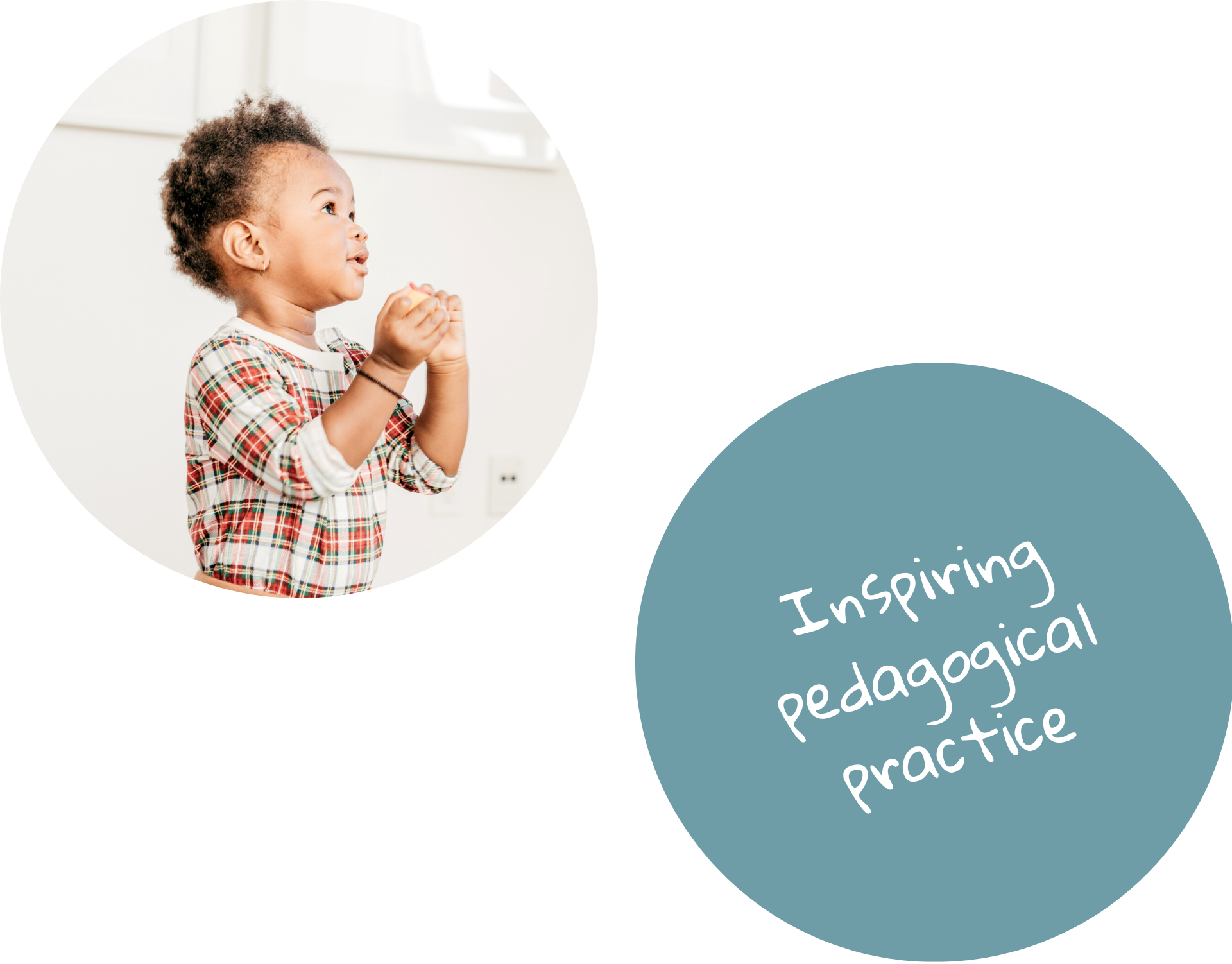

Statutory Framework for the Early Years Foundation Stage 2024 (EYFS)
The Early Years Foundation Stage (EYFS) sets the standards for the learning, development and care of children from birth to 5 years old. The EYFS comprises the safeguarding and welfare requirements, which cover the steps that nursery providers must take to keep children safe and promote their welfare.
Further information about the EYFS can be found in our ‘Parent/carer’s guide to the Early Years Foundation Stage Framework (EYFS)’ which can be downloaded below.
Birth to 5 Matters Non-Statutory Guidance
We use the non-statutory guidance offered within Birth to 5 Matters: alongside EYFS, as the foundation for our curriculum planning. They support practitioners to plan activities and experiences for children, depending on their starting points, from which children develop their learning by building on what they can already do.
Further information about Birth to 5 Matters can be found in the Birth to Five Matters – Parent Leaflet
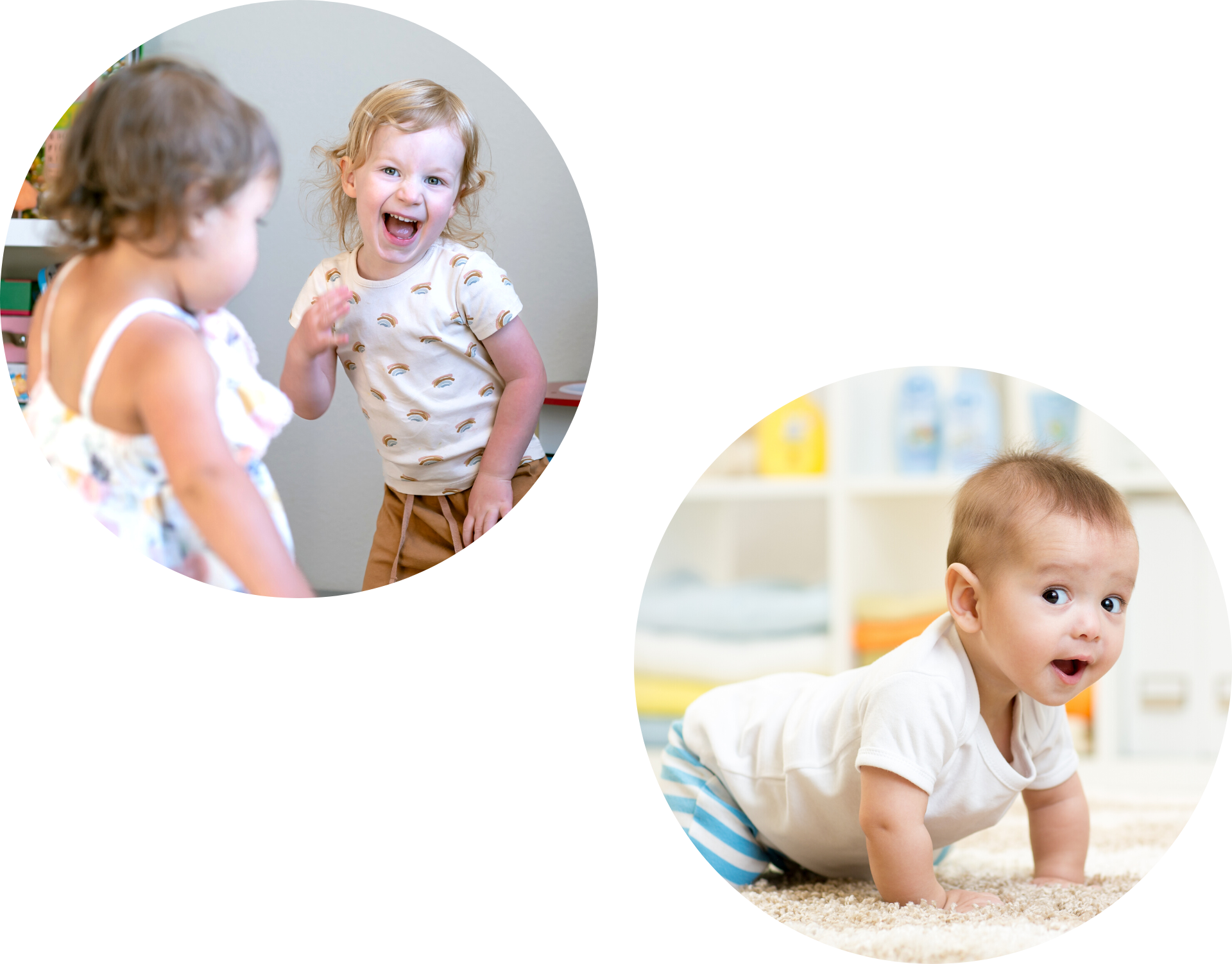

Nära Horton provides an exceptional educational offer, underpinned by the Early Years Foundation Stage Statutory Framework (EYFS). However, our vision for excellent early childhood education goes beyond the minimum standards set in the EYFS, and our approach to teaching and learning is inspired by up-to-date insight and current research.
We take our inspiration from a range of research, including neuroscience and brain development, Emotion Coaching and international approaches, such as Montessori and Reggio Emilia.
Neuroscience and Brain development
“90% of critical brain development happens in the first five years of life”
– First 2000 Days
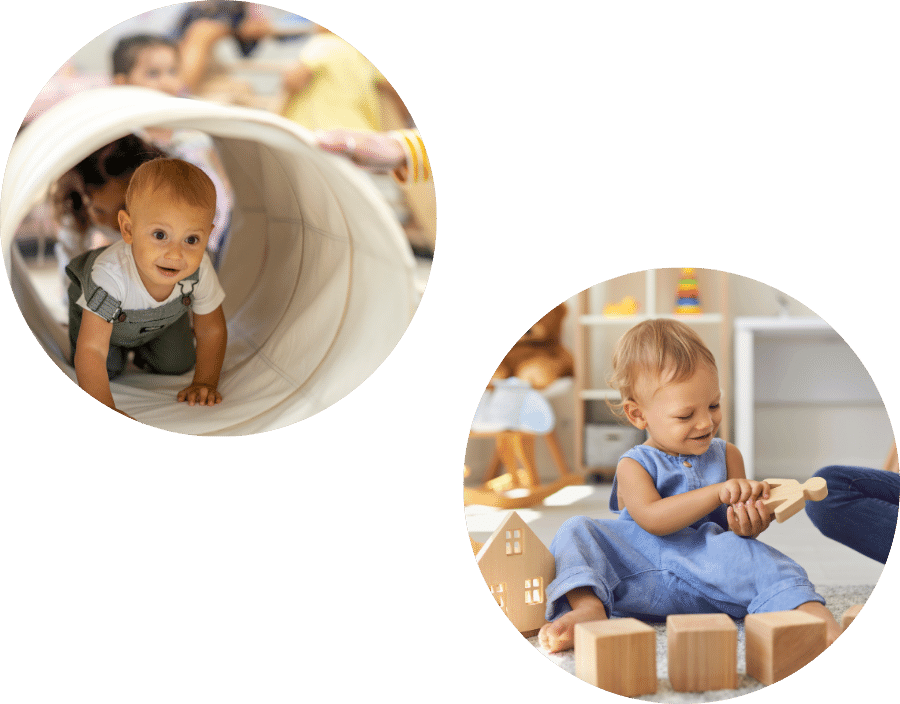
Neuroscience is the study of the nervous system and, most notably, the brain. Over the past 50 years or so, advances in science and technology mean that researchers are now able to look more closely at images of the brain, which has enabled them to see how children’s brains develop and how the brain functions.
Neuroscientists are now able to study how human minds are formed and can now start to identify the effects that early experiences have on the developing architecture of the brain.
What is evident from neuroscience is that brain development in early childhood is dependent upon environmental input, this includes both the physical (indoors and out), and emotional environment. Crucial to this is the emotional availability of parents and carers (which includes Educators), to offer warm and loving relationships, and appropriate interaction with children in a safe context in which they are nourished and nurtured, and allowed opportunities to explore.
This knowledge is critical to our pedagogical approach, and influences the way we design our environments, deploy our staff and develop our routines. We know that by building this sturdy foundation, we are optimising the potential for our children to enjoy a lifetime of good mental and physical health and cognitive development.
We ensure that children have uninterrupted time to play and explore for as much of the day as possible as this allows them to become deeply involved in their activities and to follow their ideas through. This includes returning later to continue their explorations or develop their creative expressions.
Our Educators are skilled in supporting child-led learning, but also in managing the pace of activities, and planning varied and interesting enhancements to the continuous provision. This provides children with new experiences as well as opportunities to revisit, recall, practise or enjoy a sense of mastery.
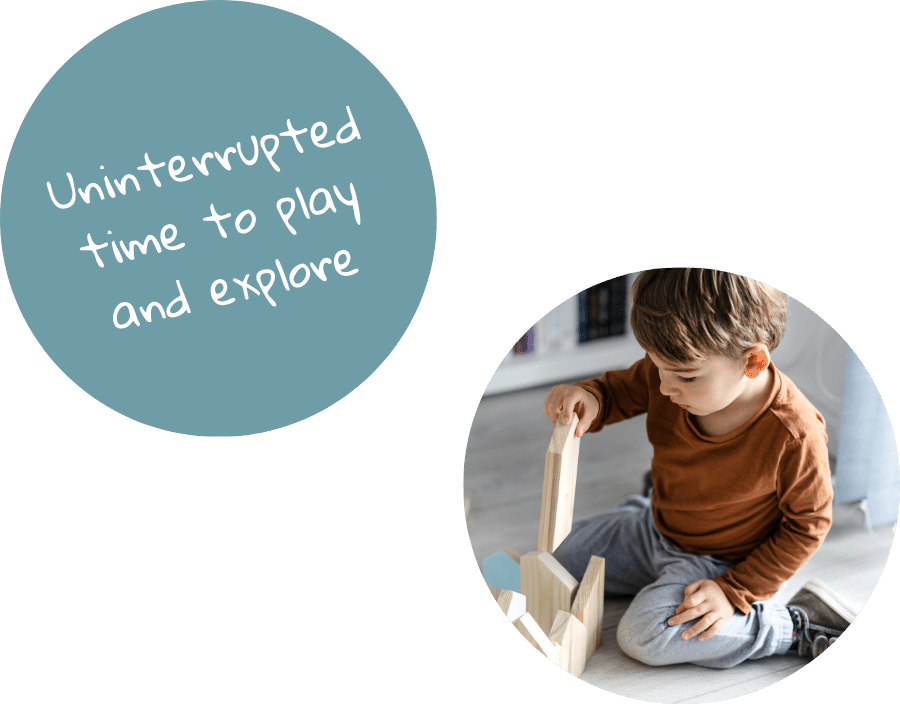
Emotion Coaching
“When little people are overwhelmed by big emotions, it’s our job to share our calm, not join their chaos.”
– L.R. Knost
Emotion Coaching is an approach based on research by the American psychologist, John Gottman, and is designed to support children in being able to identify and explore their emotions.
In turn, this allows children to understand and regulate their emotions, giving rise to reflection and an ability to nurture emotionally supportive relationships. This promotes resilience and positive outcomes for children as well as supporting the development of social skills, and enhancing their communication and language skills.
We encourage our families to use the methods promoted by Emotion Coaching at home, and offer free parent workshops to support those parents who wish to adopt this approach.

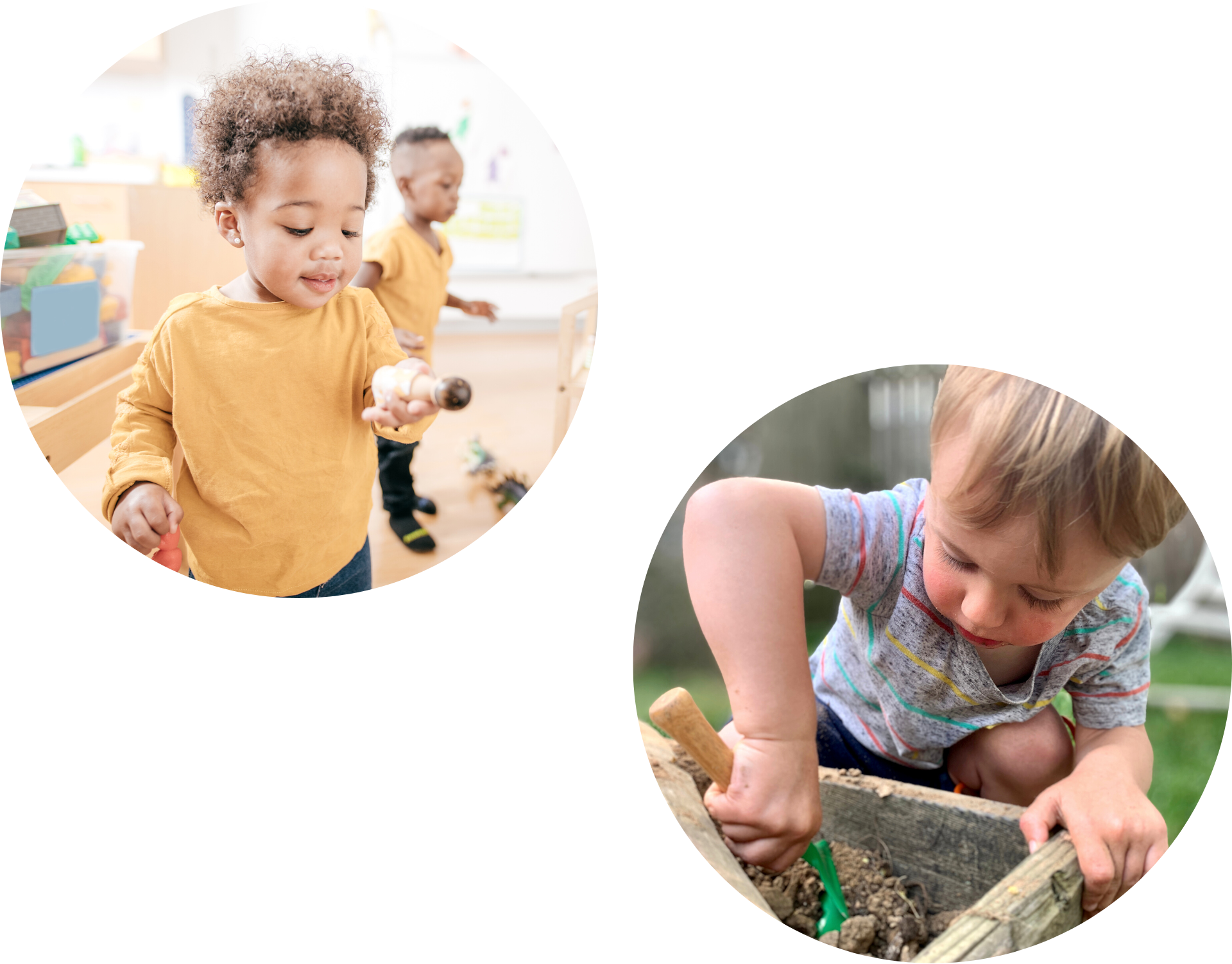
The Montessori Approach
The Montessori approach stresses the importance of the practitioner as an observer of children who can support children’s learning sensitively by making appropriate interventions.
The influence of the Montessori approach on our practice can be seen in our approach to observations and assessments, whereby key persons observe children individually in order to provide suitable challenge in their play and learning. You will see play with a purpose encouraged in our environments which are resourced using authentic resources, wooden items, baskets, free, found, natural, recycled and reclaimed artefacts. These authentic resources offer children the opportunity to experience natural materials from the environment and artefacts from their own and others communities first hand and become connected to the world through play.
The Reggio Emilia Approach
The Reggio Emilia educational approach was inspired by a group of pre-schools in the city of and area surrounding Reggio Emilia in Italy. At the heart of the approach is a focus on partnership with parents and children being involved in their own learning. The main features of this approach are that:
- children need some control over their own play and learning with Educators acting as a facilitator
- children learn through using all of their senses
- children need to learn from and enjoy being with other children
- children need a rich environment so that they can learn and express themselves in a multitude of ways.
The influence of the Reggio Emilia approach can be seen in our pedagogy where Educators see children as the leaders of their own learning and provide multiple opportunities for child-initiated play, with an emphasis on children learning through play with other children. In addition, our Educators consider how rich the environments are for the children, focusing on both sensory play (children exploring with their senses and processing new information) and outdoor play.
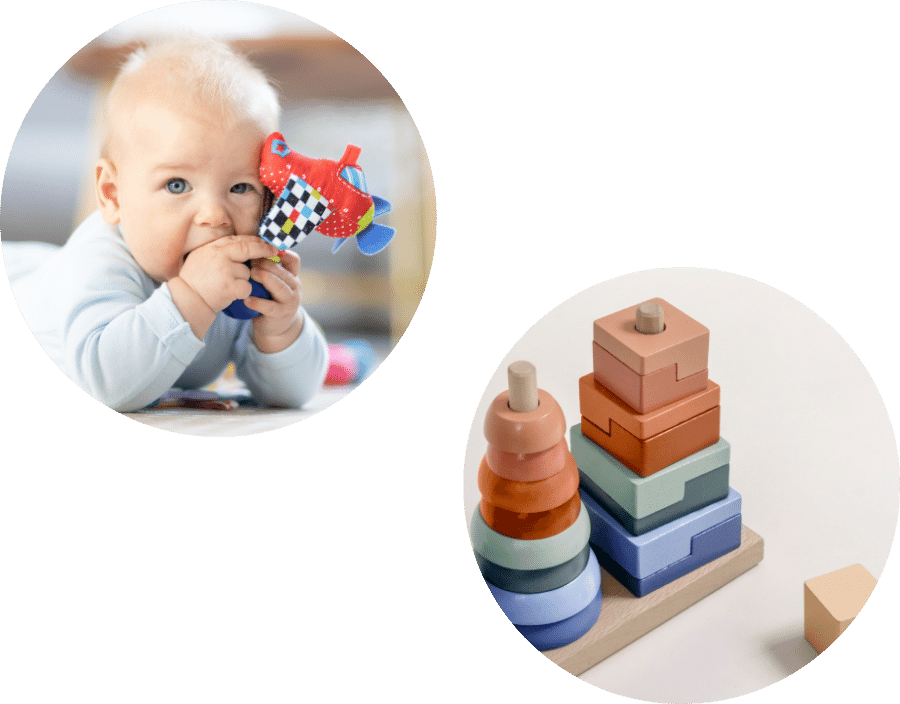

Outdoor Learning
Our approach also encourages children to grow up with a love for nature, outdoor learning and learning for sustainability. To achieve this, we are committed to our nursery having a qualified Forest School Lead and Outdoor Champion.
Quality is assured through ongoing self-evaluation, professional development and tailored training and qualifications that are provided by in-house specialists and by sector experts.
We recognise that the most effective pedagogical practice critically includes the provision of enabling indoor, outdoor and emotional environments which foster learning and play.
Therefore, our environments are carefully planned and resourced to support and extend learning.
Enabling Environments
We are on a mission to create enabling environments in our nursery which provide children with direct access to resources and experiences, both real and imaginary, that they may not otherwise receive at home.
Constant, thoughtful enhancements are made to this continuous provision which allow children to solve problems, interact with each other and develop their imaginations.
Each child’s learning journey is unique and having a solid approach to observation and assessment means our educators have the knowledge they need to plan effective teaching to support learning and development.
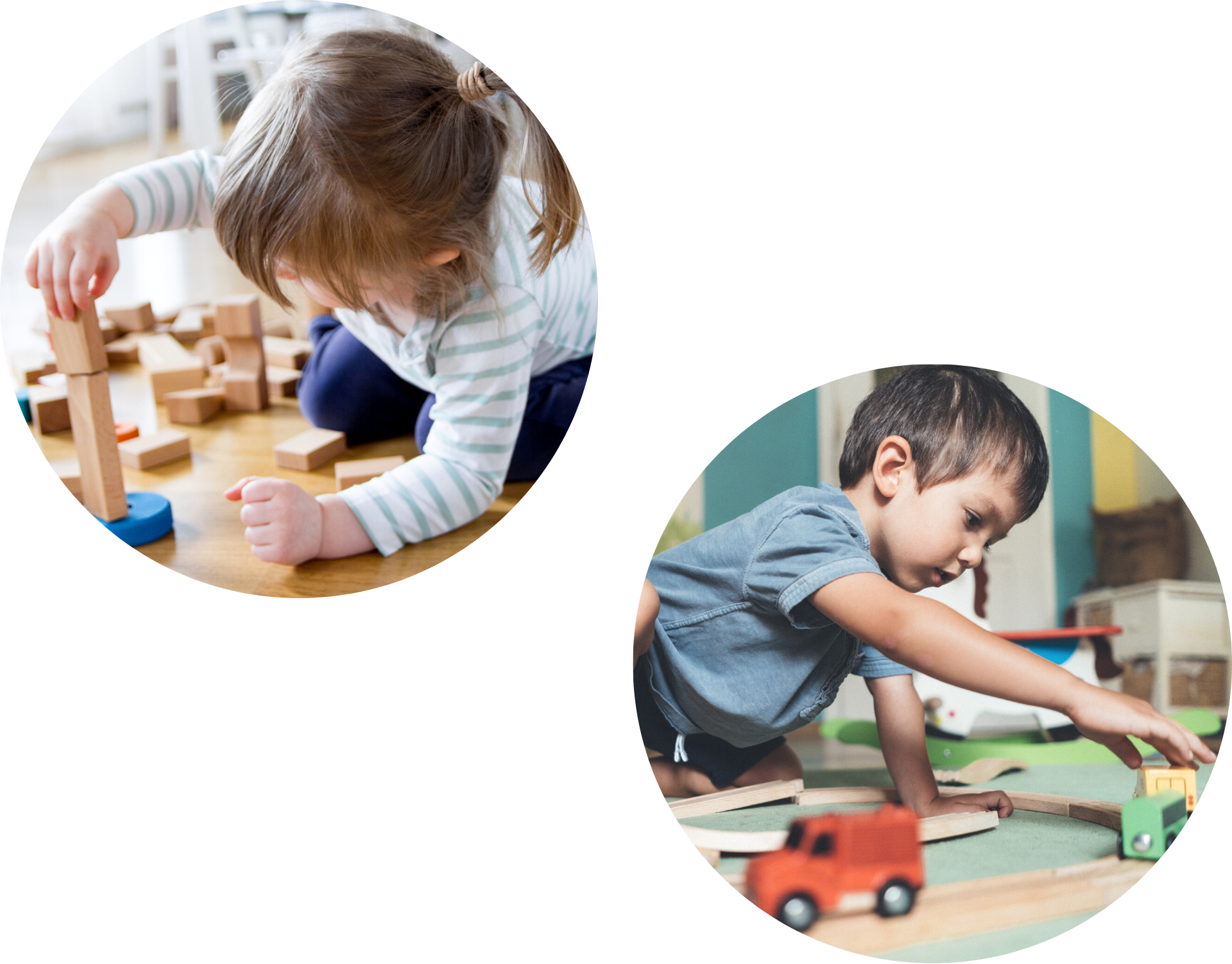
Online Learning Journal – Blossom
“Children learn from everything they experience, wherever they are and whoever they are with. The greater the continuity between home and setting, and the richer the learning environment in both, the more children will benefit.”
– Wheeler and Connor
At Nära, we use an online learning journal called Blossom to document our ongoing observations and assessments of children’s achievements.
Blossom is a fully secure system which can be accessed via a parent app or website. The system not only allows parents to access information about their child’s achievements within our nursery, but also enables them to be active contributors to the journal. The observations are brought to life using photographs and video clips, so not only do they support the process of teaching, but they also provide parents with a treasured journal of their child’s time with us.
Further information about Blossom can be found here.
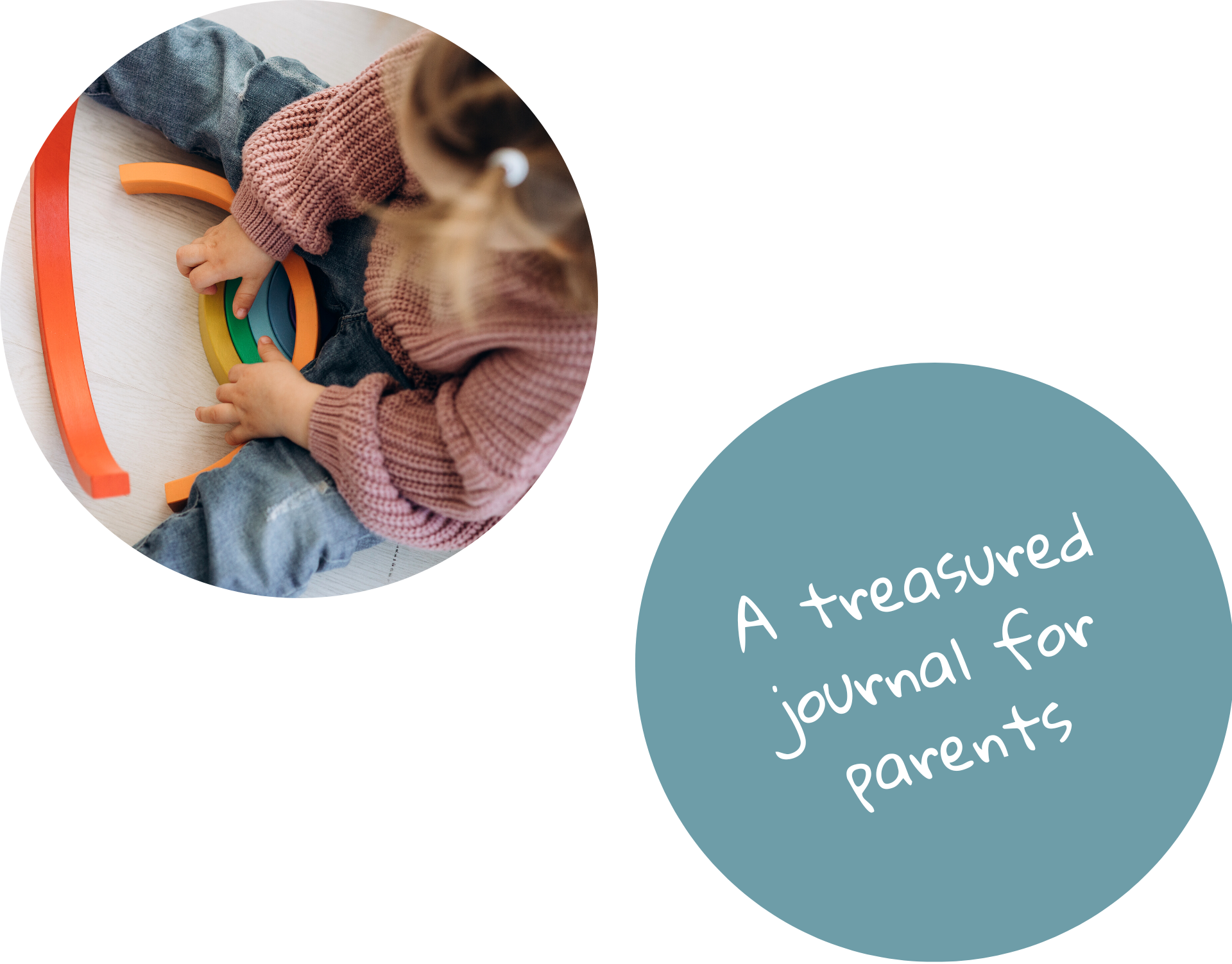
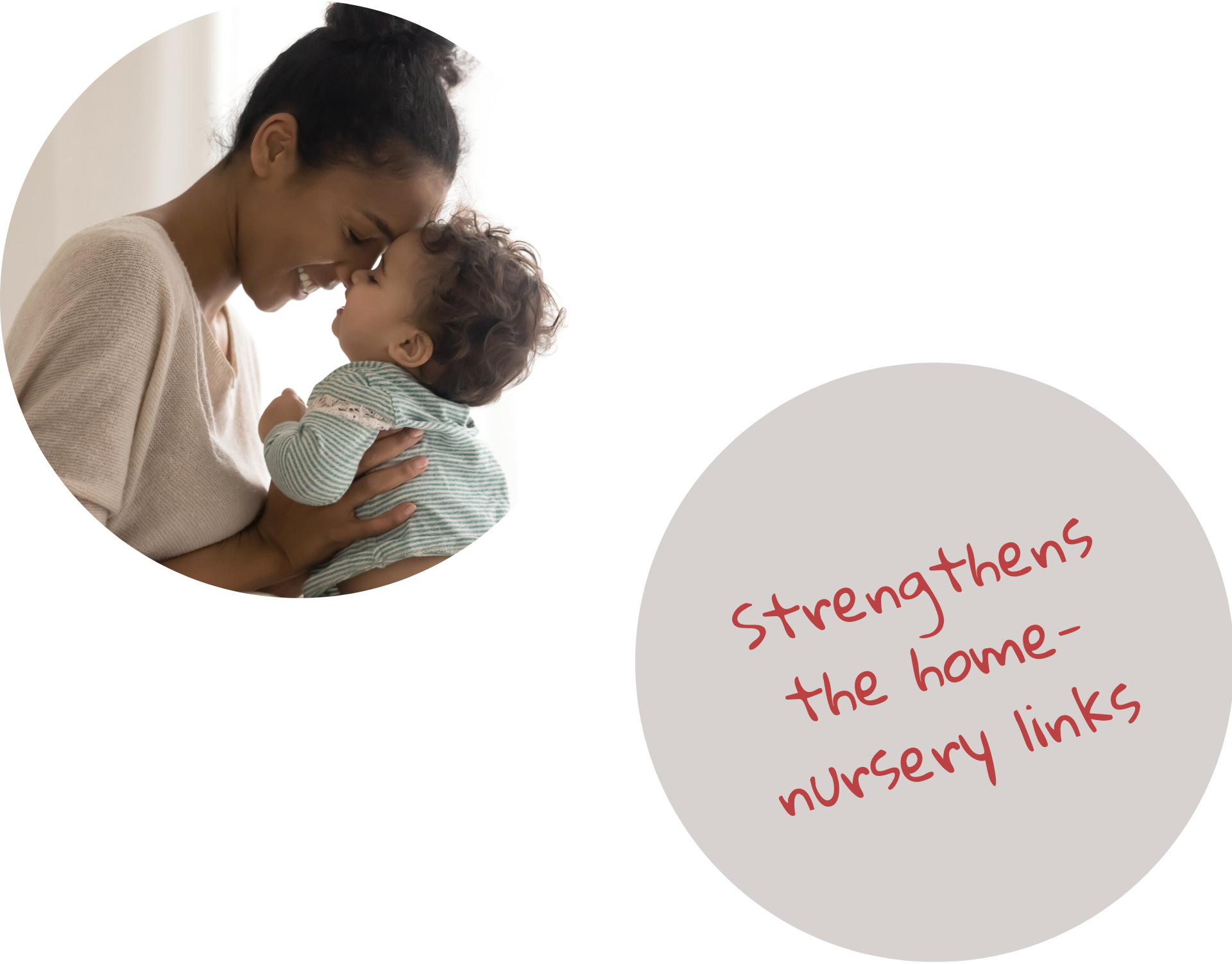
To capture the significant memories of each child’s learning journey and to support our approach to playing and learning, we encourage parents to use Blossom and share photographs and anecdotes that tell the story of their child’s life outside of the nursery.
This is a valuable contribution to the child’s learning journey, as it provides a view of the child in a different context, and also strengthens the home-nursery links. Key persons can then plan experiences based on the information given to them by parents.
For example, a parent may share an observation that a child visited the local castle with his grandparents at the weekend and was fascinated by the turrets. From there, the key person can plan for provocations and projects to support the child’s learning and development. For example, researching castles online, looking at blueprints of castles, and using mathematical graphics to design their own castles before using the blocks and props to create their own structure.
